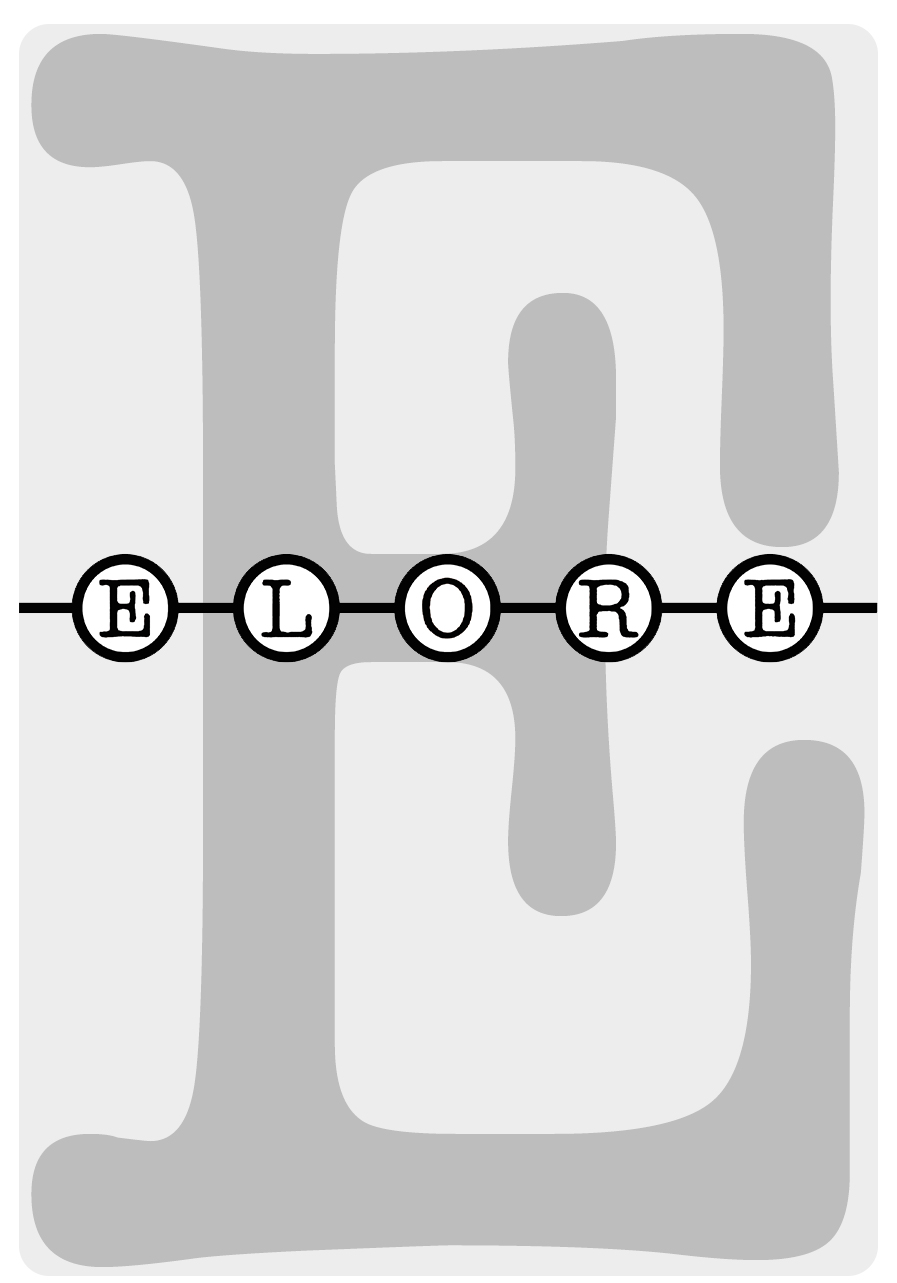Tieto, valta ja vastuu erityislasten hoidossa
DOI:
https://doi.org/10.30666/elore.79256Abstract
The article explores what kind of knowledge parents of special needs children have and how their expertise on their child is recognised in multi-professional negotiations related to child’s treatment and rehabilitation. The issue is studied from the perspective of parents. The data used consists of parents’ narratives about the growth to parenting a special needs child. The narratives also illuminate how parents have experienced their role and agency in collaboration with professionals.The starting point of the analysis is the recognition of the cultural categories that create asymmetrical power relations between clients and professionals in health care systems. These categories produce and strengthen the role expectations that qualify the clients’ position as subordinate to professionals and accord the clients the role of a receiver of help and information provided by professionals and experts. Within this categorical thinking it may be difficult to recognise the value of clients’ knowledge as it emanates from a knowledge system different than the bio-medical knowledge of professionals.
The parents’ narratives reveal that their comprehensive knowledge of their child is not always taken into account when decisions about the child’s treatment are made. From this follows that sometimes parents feel forced to challenge their role only as a client and strive for a role of an expert. Albeit the professionals’ understanding and medical expertise is the most important source of knowledge in decision-making, the analysis shows how parents also have multifaceted expertise on their child, which has high importance when the child’s best interests are pursued.
Cultural categories and the role expectations ensued by them should be rethought and altered to represent the breadth of clients’ knowledge and expertise. The research also brings to light the need to find ways to combine different knowledge systems in order to develop collaboration between parents and professionals.

Downloads
Published
How to Cite
Issue
Section
License
The journal follows Diamond Open Access publishing model: the journal does not charge authors and published texts are immediately available on the Journal.fi service for scientific journals. By submitting an article for publication on Elore, the author agrees, as of September 2024, that the work will be published under a CC BY 4.0 licence. Under the licence, others may copy, transmit, distribute and display the copyrighted work and any modified versions of the work based on it only if they attribute the licence, the original publication (link or reference) and the author as the original author. Any modifications made must be acknowledged.
Copyright of the texts remains with the authors, and self-archiving (Green OA) of the published version is allowed. This also applies to texts published before September 2024. The Green OA publication must include Elore's publication details.
The metadata for published articles is licensed under Creative Commons CC0 1.0 Universal.





